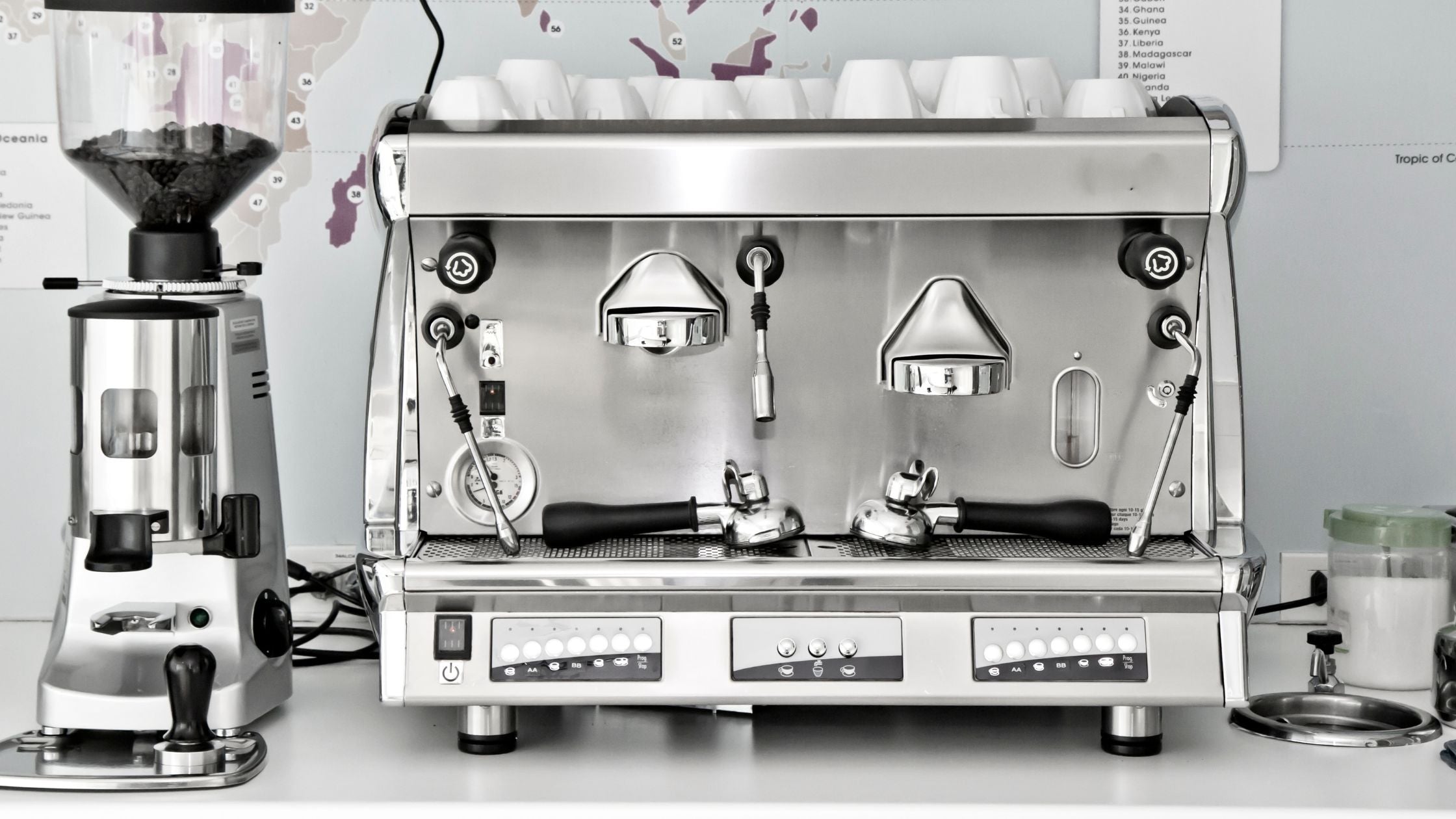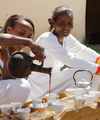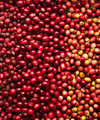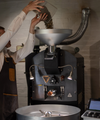Recent Post
Coffee's Early History: The 15th and 16th Centuries.
Jun 13, 2023
Single Origin Love
Jun 12, 2023
3 Simple Tips For Making Perfect Coffee
Jan 11, 2023
Tips for Finding the Best Coffee Makers
Nov 30, 2022
Cleaning Your All Important Coffee Machines
Nov 20, 2022
Choosing good coffee beans
Nov 11, 2022
Archive
- September 2023
- June 2023
- January 2023
- November 2022
Tags

The Kitchen And Espresso Machines - Coffees Worldwide
Web Collaborator
Jun 18, 2021
0 Kommentare
Interestingly enough most people picture espresso machines steaming away next to coffee makers either in the comfort of a kitchen or at the local coffeehouse. Ethiopia gave birth to the coffee craze that has flooded across worldwide borders. It still produces coffee from wild treed forests its sub-tropical environment. Coffee can only be grown in that environment or in the world's tropical regions, where they get plenty of sun and needed rain.
Coffee growth is restricted to a narrow ring from 23° North to 25° South A Turkish proverb describes it as black as hell, strong as death, sweet as love. In fact coffee is a commodity that is 2nd only to the oil industry in dollar for volume production. Over 70 countries now supply it.
The largest coffee production is found in Brazil – 28% of the world total. Columbia produces only 16%. Indonesia provides only 7%, and Mexico follows closely with 4%.
The best beans are grown in higher altitudes, but many varieties have acclimatized to other regions. Brazilian coffee plantations cover huge areas. Hundreds of laborers are employed to tend the young plants. Columbia is more mountainous, but it is restricted to mule or Jeep transportation to get it to major centers.
In Hawaii, coffee plantations benefit from Mauna Loa's volcanic soil. Volcanic ash is combined with volcanic rocks. However the sunshine is strong and the area gets its ample share of tropical rains.
In the former Dutch colony of Indonesia, coffee has been produced on its 1000's of islands since the 1600's. However, despite all the best technology being used worldwide, the best coffee climates are the damp and warm ones found around the hundreds of small farms on Sumatra, Sulawesi and Java. They provide at least a third of the world's coffee.
The famous Altura beans of the higher altitudes of Mexico can be found growing in Chiapas, Veracruz and Oaxaca. The rest of the country is dotted with 100's of thousands of these tiny farming plantations.
Over the past years Vietnam has been resurrecting its Tonkin region after a long time of misuse and is now rivaling Indonesia for third place. French missionaries planted the famous aribica coffee trees in the middle of the 1800's. It is now home to the robusta plant.
The African countries of the Ivory Coast and Kenya have become renowned for their darkish big beans that produce a mild and fruity flavored coffee. Their production is relatively small in comparison the other producers, but the coffee that is grown at the foot of Mount Kenya and the espresso beans from the Ivory Coast, the world's largest robusta espresso producers are becoming more well known now in North America, despite their popularity in Europe for many years.
Coffee continues to rival tea for dedicated and devout fans worldwide. The array of varieties is seemingly endless, even coming from as far away as Indian or Tanzanian, or as close to home as Costa Rica.
Coffee growth is restricted to a narrow ring from 23° North to 25° South A Turkish proverb describes it as black as hell, strong as death, sweet as love. In fact coffee is a commodity that is 2nd only to the oil industry in dollar for volume production. Over 70 countries now supply it.
The largest coffee production is found in Brazil – 28% of the world total. Columbia produces only 16%. Indonesia provides only 7%, and Mexico follows closely with 4%.
The best beans are grown in higher altitudes, but many varieties have acclimatized to other regions. Brazilian coffee plantations cover huge areas. Hundreds of laborers are employed to tend the young plants. Columbia is more mountainous, but it is restricted to mule or Jeep transportation to get it to major centers.
In Hawaii, coffee plantations benefit from Mauna Loa's volcanic soil. Volcanic ash is combined with volcanic rocks. However the sunshine is strong and the area gets its ample share of tropical rains.
In the former Dutch colony of Indonesia, coffee has been produced on its 1000's of islands since the 1600's. However, despite all the best technology being used worldwide, the best coffee climates are the damp and warm ones found around the hundreds of small farms on Sumatra, Sulawesi and Java. They provide at least a third of the world's coffee.
The famous Altura beans of the higher altitudes of Mexico can be found growing in Chiapas, Veracruz and Oaxaca. The rest of the country is dotted with 100's of thousands of these tiny farming plantations.
Over the past years Vietnam has been resurrecting its Tonkin region after a long time of misuse and is now rivaling Indonesia for third place. French missionaries planted the famous aribica coffee trees in the middle of the 1800's. It is now home to the robusta plant.
The African countries of the Ivory Coast and Kenya have become renowned for their darkish big beans that produce a mild and fruity flavored coffee. Their production is relatively small in comparison the other producers, but the coffee that is grown at the foot of Mount Kenya and the espresso beans from the Ivory Coast, the world's largest robusta espresso producers are becoming more well known now in North America, despite their popularity in Europe for many years.
Coffee continues to rival tea for dedicated and devout fans worldwide. The array of varieties is seemingly endless, even coming from as far away as Indian or Tanzanian, or as close to home as Costa Rica.












